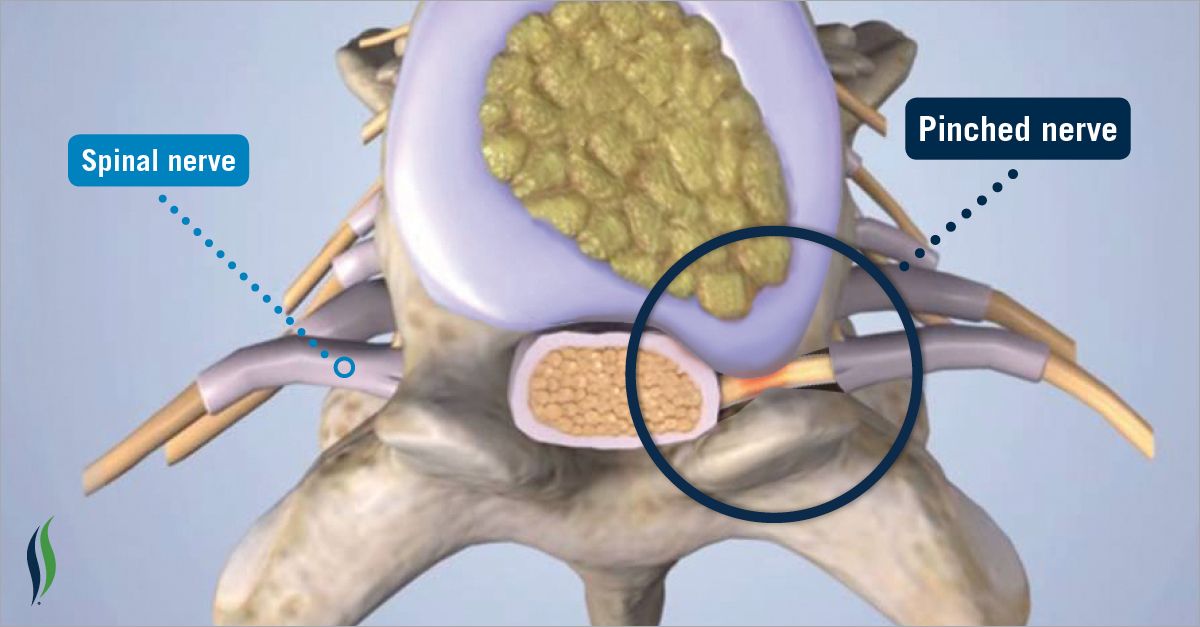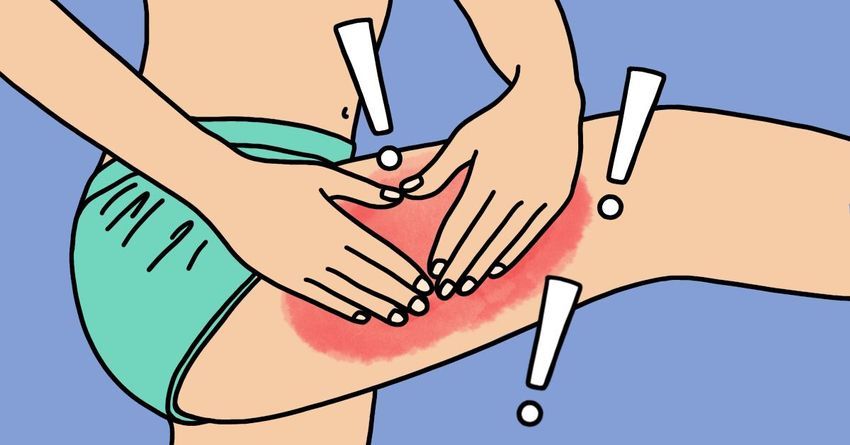While touring potential universities, I took a train to one option and was so excited to be in a big city. Coming from a small town, the idea of being in the middle of a large, metropolitan city was exciting to me.
The train came to a halt, I grabbed my bag, and started to walk down the stairs to my future. Except instead of walking, I took a major face plant. For some reason, my leg (or ankle, it was all a blur) randomly gave out on me and I landed face down on the train platform. Not exactly what I envisioned.
I thought it was a fluke, or maybe my foot was still asleep from the ride, but apparently I'm not the only one who has experienced their leg giving out on them, whether it's while they're standing, walking, or doing a different form of exercise.

After doing some research, I came to the conclusion that my muscle just had a small spasm after being inactive for so long, but it turns out there are other, more serious reasons that your legs are giving out.
Dr. Stefano Sinicropi, a spinal surgeon, says that "legs giving out randomly underneath you as you walk or run is cause for immediate medical concern." But he also points out that, similar to my experience, it could also just be a fluke.
"Legs can 'give way' due to muscle issues, especially while exercising," Dr. Sinicropi says on his website. "These instances are not cause for alarm typically."
However, Dr. Sinicropi says there are two other major causes of legs giving out, and they're not to be taken lightly. People who experience prolonged numbness when their legs give out, or if it is happening frequently, should contact their doctor immediately.

Pinched Nerves
Your spine is an integral part of your body...obviously. But what many people don't connect is how a problem with your back can actually display itself in your legs. The nerves in your spine are what deliver signals from your brain to your legs to move. If something is off in your spine, it can mean bad things for your legs.
"Nerves can get pinched by various structures in and around the spinal column, such as the spinal discs, vertebrae, or tumors," Dr. Sinicropi says. "Any time a nerve is impacted, the result is often pain, and loss of sensation in the body arms, hands, legs, or feet."
Symptoms of a pinched nerve include:
- numbness in the area
- sharp or burning pain
- pins and needle sensations in the area
- muscle weakness
Common treatments for pinched nerves include rest, physical therapy, medication, or in severe cases, surgery.

Spinal Cord Injuries
Spinal cord injuries are extremely important to take care of. Though there are varying degrees, all spinal cord injuries should be treated as serious.
"Some injuries to the spine only impact the vertebrae, discs, and muscles surrounding the spine," Dr. Sinicropi says. "These types of injuries typically do not result in permanent paralysis. Spine injuries that involve nerve damage, on the other hand, often do involve some form of paralysis. Spinal cord injuries can be happen during the course of a car accident, while playing a contact sport, or by slipping and falling."
Dr. Sinicropi also says that spinal cord injuries are "the most common reason for leg give way episodes."
If you're like me, you'll get lucky. I have maybe had one or two episodes of my legs giving out, and they all have easy explanations. However, if you are concerned about the frequency or severity of your episodes, you should contact your doctor immediately.

